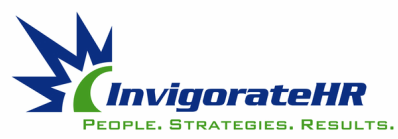 On July 6, 2015 the Department of Labor (DOL) announced proposed changes to the Fair Labor Standards Act, the law which outlines overtime exemptions for white collar workers. The proposed changes would extend overtime protections to nearly five million workers within its first year of implementation, making many positons which are currently considered overtime exempt under the act, nonexempt and eligible for overtime. This proposed change could be a costly one for employers, especially nonprofits that already operate on slim budgets. One of the proposed changes to the current law includes raising the salary minimum of exempt status from its current $455 per week ($23,660 per year) to $970 per week (50,440 per year). This means that in most all cases an employee would need to earn at least $50,440 per year to qualify for exempt status, ineligible for overtime, under the proposed rules. Exceptions to this may include outside sales, teachers, doctors, and lawyers; however, for most general business positions this rule would apply. Another proposed change is related to the performance of the primary duties of the job. Currently, there is no specific time an employee has to spend on performing the primary duties of his or her job to qualify as exempt—it is to be used as a guide but it is not determinative. The proposed rule specifies that an employee must spend 50 percent or more of his or her time performing the primary duties of the job to qualify for the overtime exemption. This is a rule currently in place in California and the DOL seeks to adopt it. There are many other proposed rule changes but the above are just a couple that are sparking attention. You can view the detailed rule change proposal here. The good news is that the DOL is seeking feedback on its proposed changes during the current public comment period through the end of September 2015. Once the comment period ends, the DOL will review all feedback and work to finalize changes. Based on historical decision-making data, we can expect to see final rules around second quarter of 2016.
In the meantime, employers should stay up to date on developments regarding the proposed changes and evaluate its workforce. Currently, Synergy is working with its clients to plan ahead by: · Encouraging FLSA audits to identify which positions may be impacted by the proposed rules. · Developing actions plans on how to implement changes when they occur. · Identifying methods to reduce overtime for those roles that were previously exempt from it. · Understanding how these changes may impact company culture and employee morale. Thankfully, these are just proposed rule changes at this time but the DOL is very clear that changes will be made. Unfortunately, we won’t know exactly what those changes will be until sometime next year. Written by Jeremy York jeremy@invigoratehr.com Comments are closed.
|
Archives
December 2024
|

 RSS Feed
RSS Feed